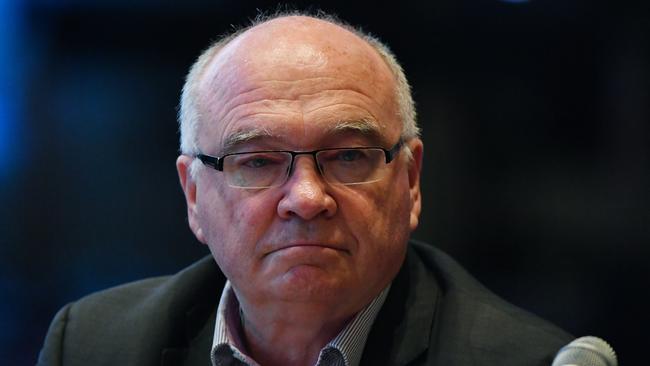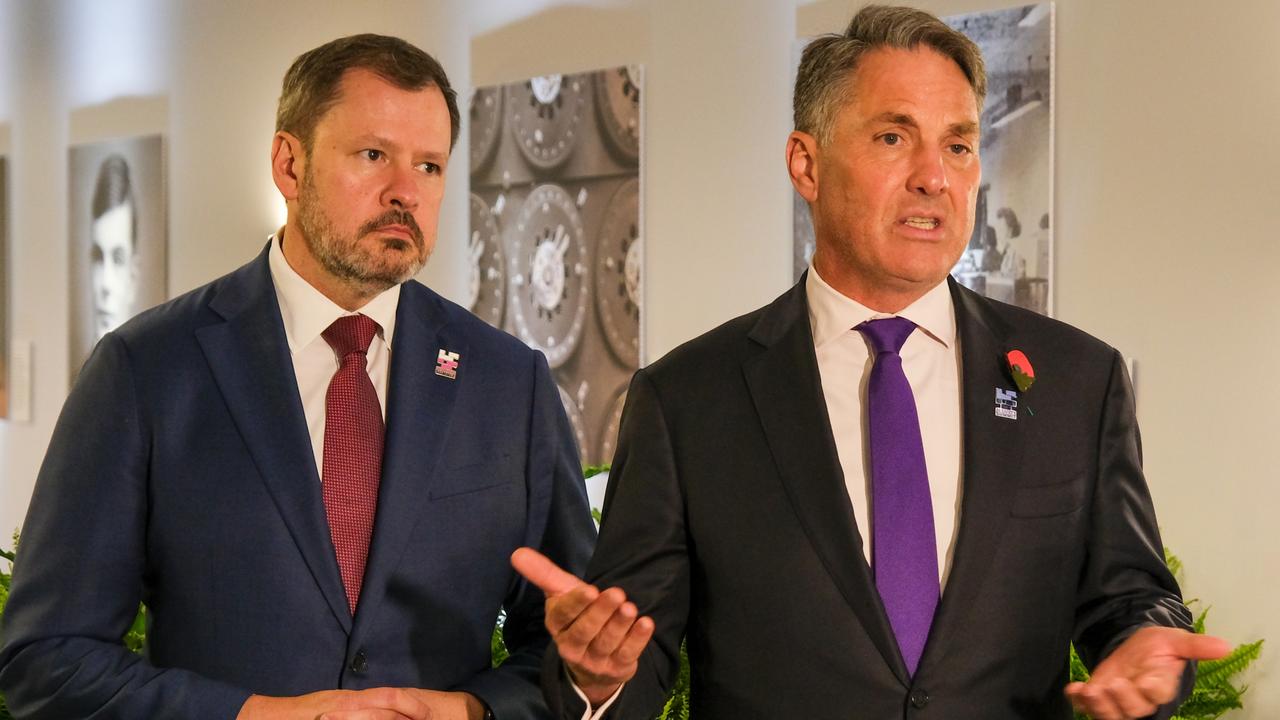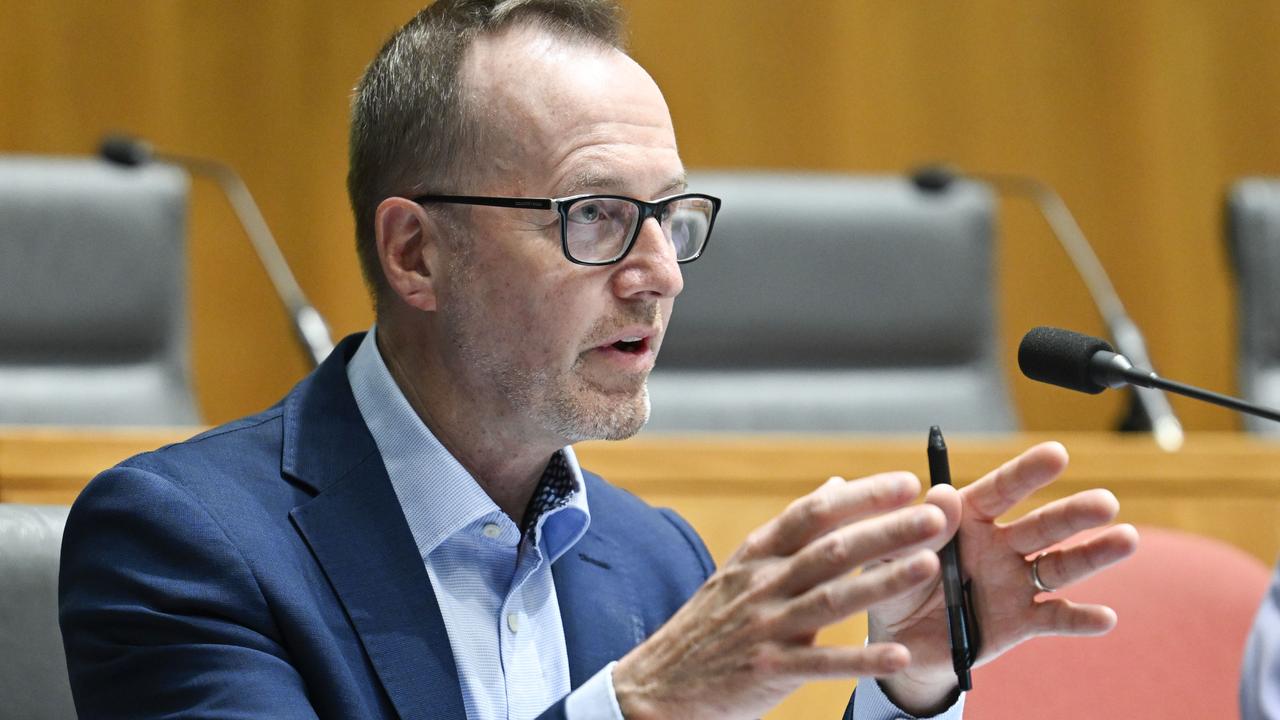Call from business to bar workers who avoid coronavirus vaccine
Employers want powers to require workers to get a COVID vaccine and stand them down without pay if they refuse.

Employers want the power to require workers to get the COVID-19 vaccine and stand them down from work without pay if they refuse, warning that bosses and employees will be left vulnerable if co-workers decline to be vaccinated.
As the government examines how the vaccine will be rolled out across workplaces, unions called for at-risk essential workers, including health, aged care, retail and hotel quarantine employees to be among the first recipients of the vaccine.
Small business said the government should replicate the guidance issued recently by the US Equal Employment Opportunity Commission. The guidance says employers can require workers to get the vaccine and bar them from the workplace if they refuse.
Council of Small Business Organisations Australia chief executive Peter Strong said employers should “absolutely” have the legal ability to stand down workers without pay if they refuse to take the coronavirus vaccine.
“If you’ve got four employees and one of them doesn’t get vaccinated and the other three say, ‘I’m not working with that person’, what do you do?” Mr Strong said.
“It leaves employers between a rock and a hard place. That’s the dilemma we’ve got. The other dilemma is there are a lot of small business people out there. Some of them might decline the vaccine. Where does the worker go?
“That’s an issue we have got to talk about as well. We have got to have black-and-white law here so if someone declines the vaccine we can stand them down.
“That’s good because that protects the rest of the workforce and the business can continue on. Otherwise it’s going to create too many dilemmas that we can’t resolve.”
Asked about the government’s position on employer and worker obligations in relation to a vaccine, Industrial Relations Minister Christian Porter said the government was examining how the vaccine would be rolled out across different workplaces.
“As the Prime Minister has said it would be expected that most Australians would take up the opportunity to be vaccinated against COVID so that we can all get on with our lives safely,” Mr Porter’s spokesman said. “Naturally there will be a number of issues that need to be considered in preparation for the rollout of a vaccination, some of which will be unique to particular workplaces. The government will make any relevant announcements at the appropriate time.”
ACTU assistant secretary Liam O’Brien said essential workers including frontline health workers, hotel quarantine, aged care and retail workers had played a vital role in ensuring the community had the resources and services needed to manage the pandemic. “These workers have borne the brunt of this crisis, often risking their own health to keep us safe,” Mr O’Brien said. “When a vaccine is rolled out, the first recipients must include those most at risk.”
He said unions supported an approach consistent with the best practices of science and public health management when it came to protecting the community from COVID-19 and the same would apply to the rollout of any vaccine.
“The federal government must also focus its efforts in the coming months ahead of any vaccine rollout to build high levels of trust and confidence amongst the community to maximise voluntary take up,” Mr O’Brien said.
Mr Strong said he had discussed the workplace implications of the vaccine rollout with ACTU secretary Sally McManus and ACTU president Michele O’Neil during the industrial relations working group process.




To join the conversation, please log in. Don't have an account? Register
Join the conversation, you are commenting as Logout